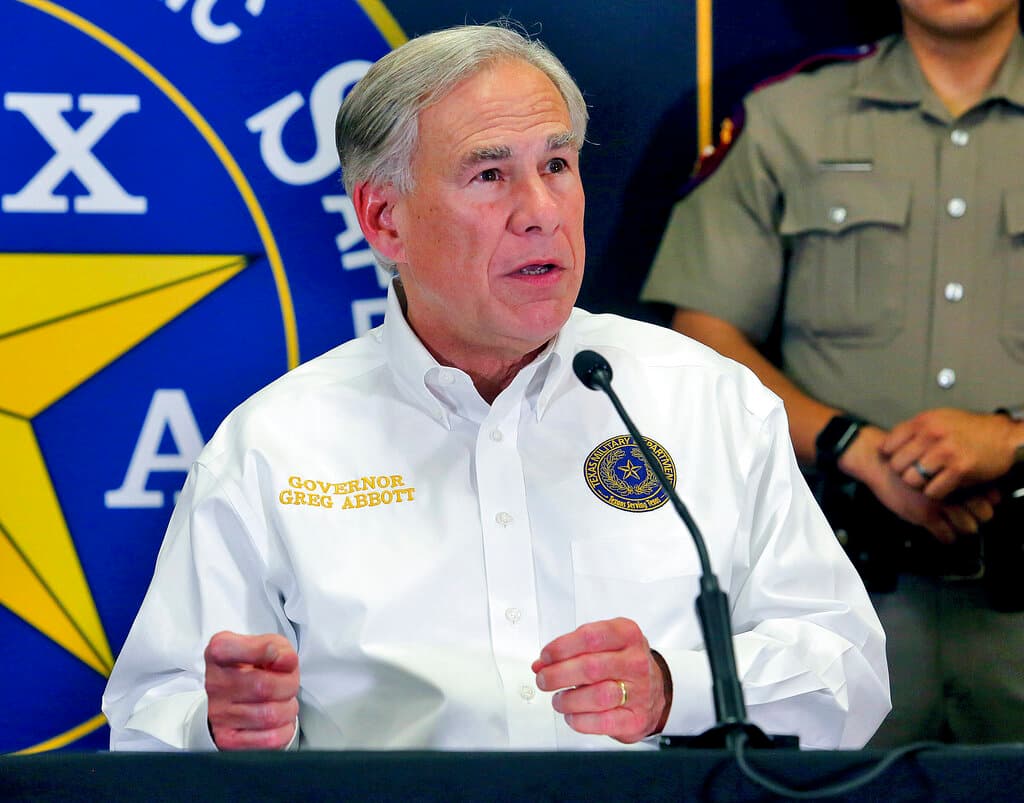Governor Abbott Wants the Texas Legislature To Empower All Police To Deport Illegal Immigrants — Is It Constitutional?
The Texas governor is vowing to protect the border and do what he says the federal government has failed to do.

A special legislative session to consider increasing border security and allowing all law enforcement to deport illegal immigrants is getting under way in Texas, as Governor Abbott vows to protect the border and do what he says the federal government has failed to do.
Please check your email.
A verification code has been sent to
Didn't get a code? Click to resend.
To continue reading, please select:
Enter your email to read for FREE
Get 1 FREE article
Join the Sun for a PENNY A DAY
$0.01/day for 60 days
Cancel anytime
100% ad free experience
Unlimited article and commenting access
Full annual dues ($120) billed after 60 days

